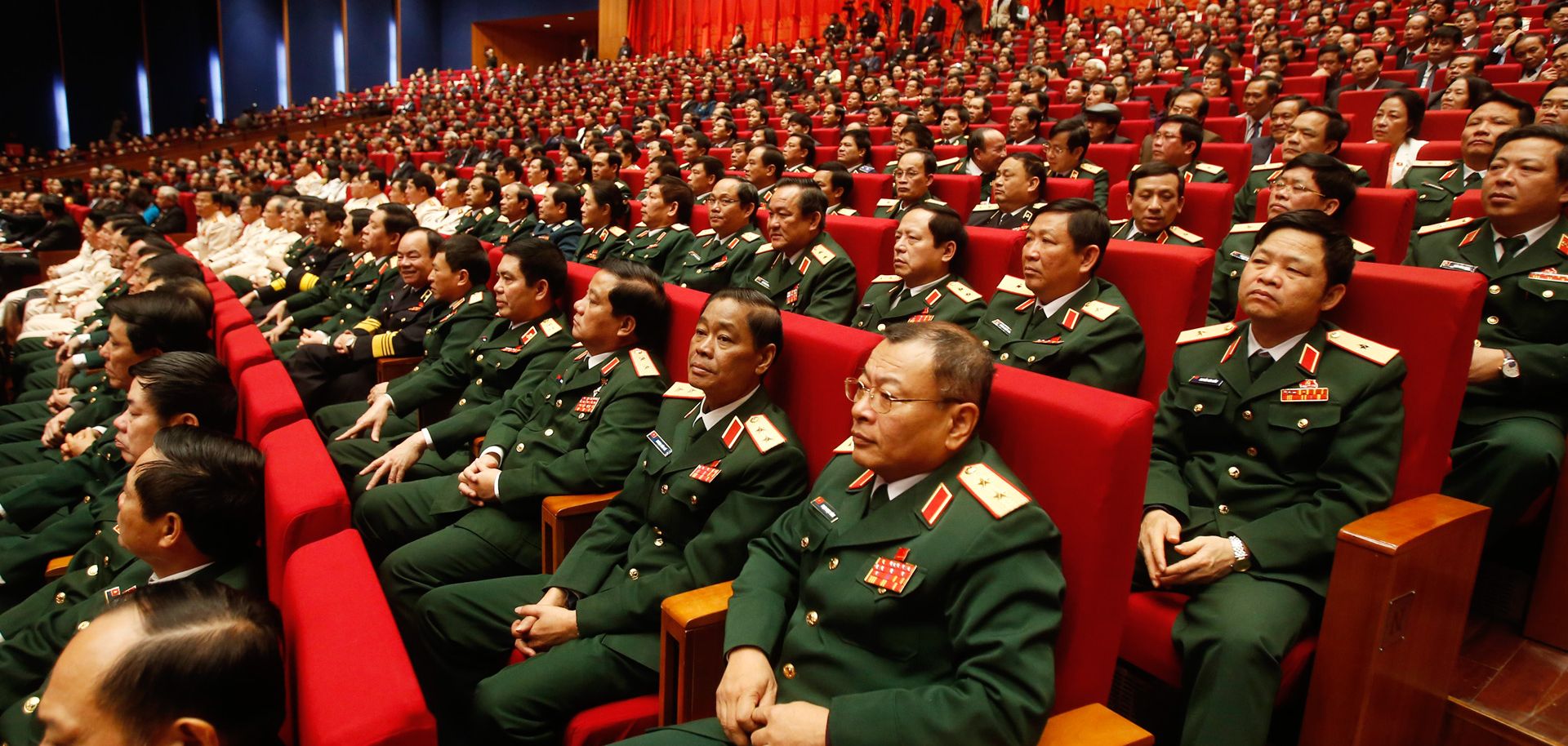Southeast Asia is a region in transition. China's slow rise as the premier regional power has spurred growth but also competition, forcing governments to recalculate. However, in the eastern half of mainland Southeast Asia, the prevalence of one-party governments means that political change is usually slow and subtle -- and rarely transparent. The past few weeks illustrated this trend in Vietnam and Laos, with the long-ruling Communist parties there undergoing contentious leadership transitions. In both countries, the debate among party leaders has centered on how best to take advantage of Asia's growth and become less insular. Chief among their concerns, of course, is their stance on China. In neither country, however, does the leadership change herald a fundamental shift in strategic or economic orientation. Instead, the high-profile purges in each capital were prompted largely by the desire to preserve the legitimacy of one-party rule amid a rapidly changing domestic and...

